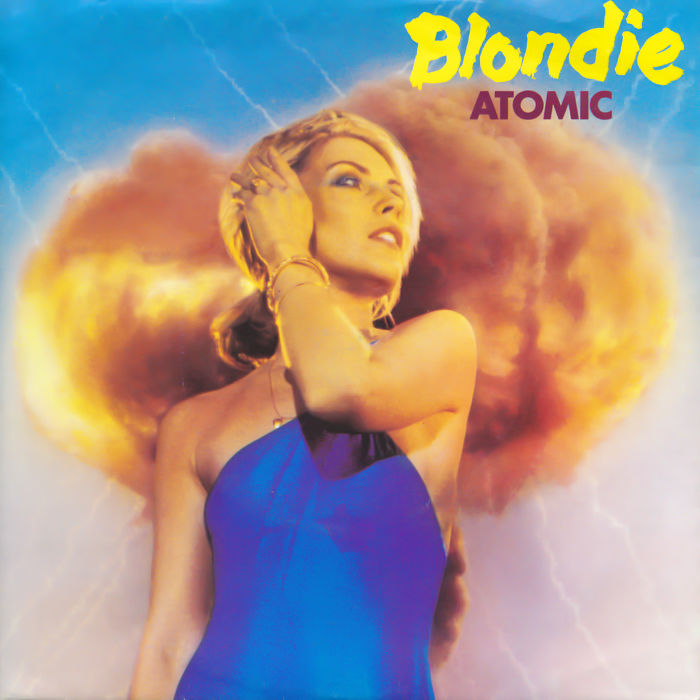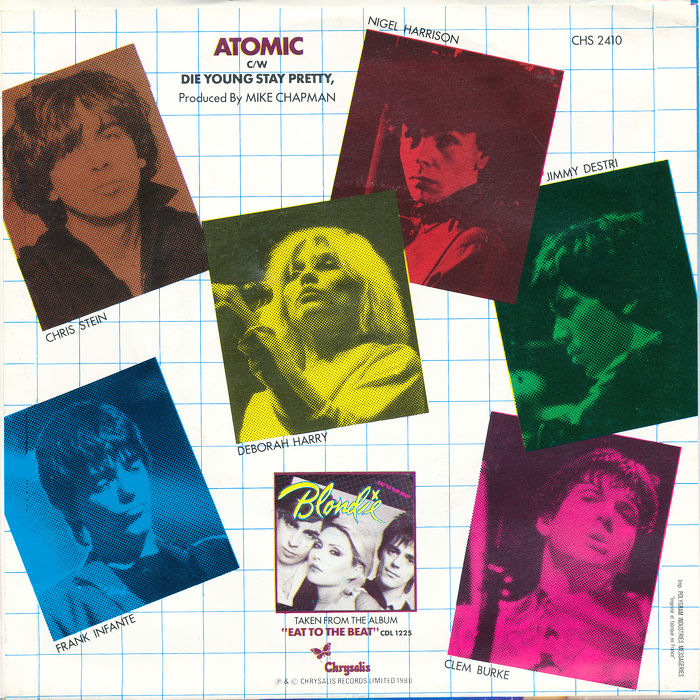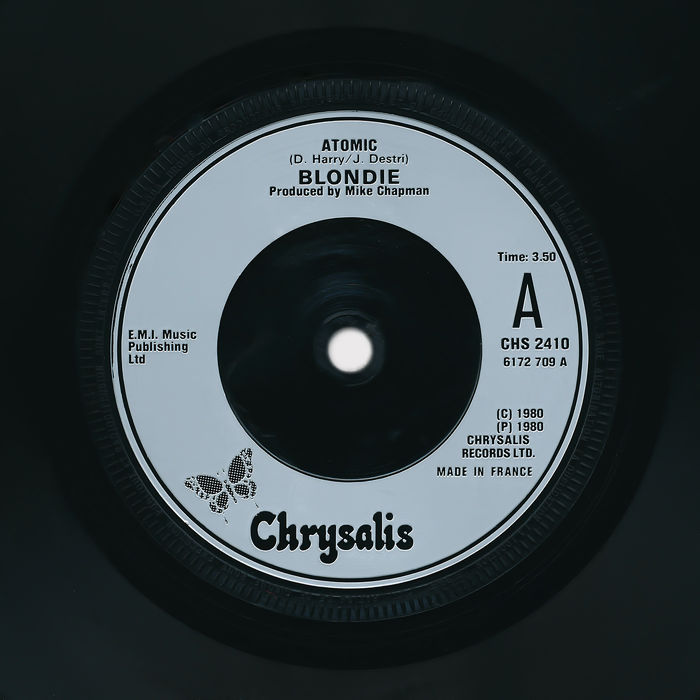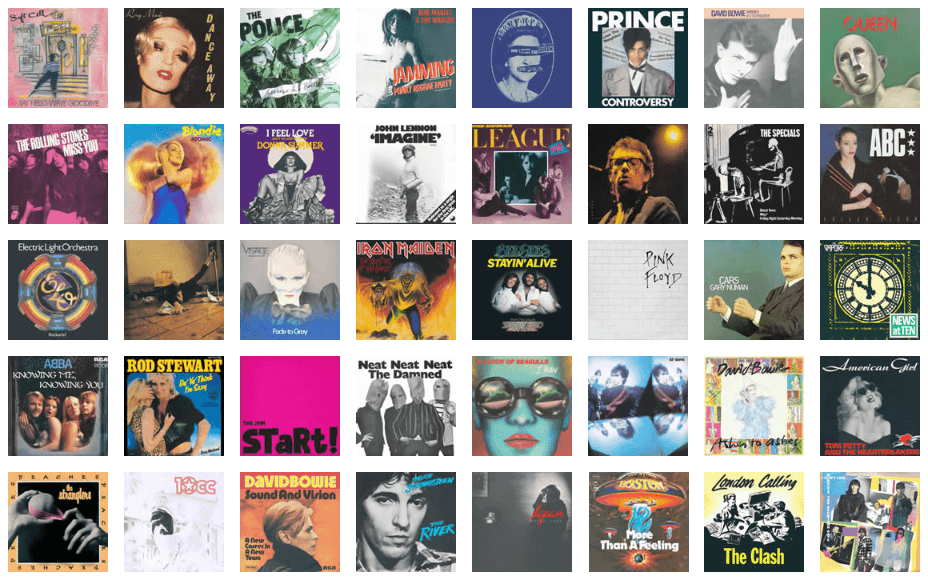The Story Behind The Song
The single and album versions are different. The single is 50 seconds shorter because the pulsating, funky bass bridge was edited out, probably to appease radio stations that did not like to play songs that lasted well over four minutes. In our view, the album version is superior and it is this track that we consider to be Blondie's best ever.
Fortunately, the album version was used for the promotional video. This was no accident – videos were made for all 12 songs on Blondie's album Eat To The Beat; it was the first video album, quite a feat for a record released years before the launch of MTV ushered in the video age. It was directed by David Mallet, who also worked on Bowie's Ashes To Ashes. Both utilise solarised image effects; in Atomic it is used only at the beginning, an allusion to the horsemen of the apocalypse. The rest of the video shows the group performing on stage in a post-apocalyptic nightclub. Lead singer Debbie Harry is wrapped in a garbage bag and the clubbers wear futuristic costumes. During the bridge, a zombie-like dance is performed to the pulsating bass line.
The video, with two clips of an atomic bomb detonating, and the cover artwork leave the impression that Atomic is about nuclear war. It is not. The lyrics are not literal, but convey the sexual energy and explosiveness of the song. Harry later admitted the line "Oh, your hair is beautiful" seemed to fit with the music and meant nothing in particular. It's about a passionate rendezvous, perhaps forbidden, perhaps a final encounter. The atomic metaphor perfectly sums up love during a time of heightened nuclear tensions between Russia and the West, the underlying anxiety that this could be your last time. Indeed, Love In A Cold War could be the subtitle to this song. The lightweight lyrics, criticised at the time, do not diminish the track's sheer power and burning sexuality.
Co-writer and guitarist Jimmy Destri tried to replicate the freshness and precision of Heart Of Glass, but the spaghetti-western-like guitar riff transformed the song, giving it an edge and a depth that Blondie's first No. 1 lacked. Atomic was not a spontaneous composition but took a year to flower from the initial idea, heavily nurtured by the soundtracks of Ennio Morricone. Many Blondie tracks have energy, but this one is more focused musically, utilising the percussion like a train on a track, forever building momentum to a crescendo before sliding into the release of the funky bridge.
The B-side was "Die Young Stay Pretty" – Blondie's brief detour into 2 Tone, a genre that was at its zenith in the UK at this time. Both sides of the single were lifted from Eat To Beat, something Debbie Harry was uncomfortable with: "I thought it was a little too much." In fact, a far better B-side would have been the live cover version of Bowie's Heroes, which was included on the 12" single. Recorded live at the Hammersmith Odeon in early 1980, it features Robert Fripp, the guitarist on Bowie's original, and is worth listening to just for this alone. Harry's vocals are not as strong as Bowie's, but there are some nice synth effects. Overall, it is a solid cover of one of the legend's most loved tracks.
Atomic returned Blondie to the summit of the UK charts and was the first of three consecutive No. 1 singles in a calendar year. It has gone on to become Blondie's best-selling single.
We hereby instate Atomic by Blondie on The Wall as No.5 Best Single of 1980
Atomic has become my favourite Blondie single just edging out Hanging On The Telephone. The guitar on Atomic owes a lot to Frankie Infante whose contribution to Parallel Lines and Eat to the Beat is often overlooked.Dave B




